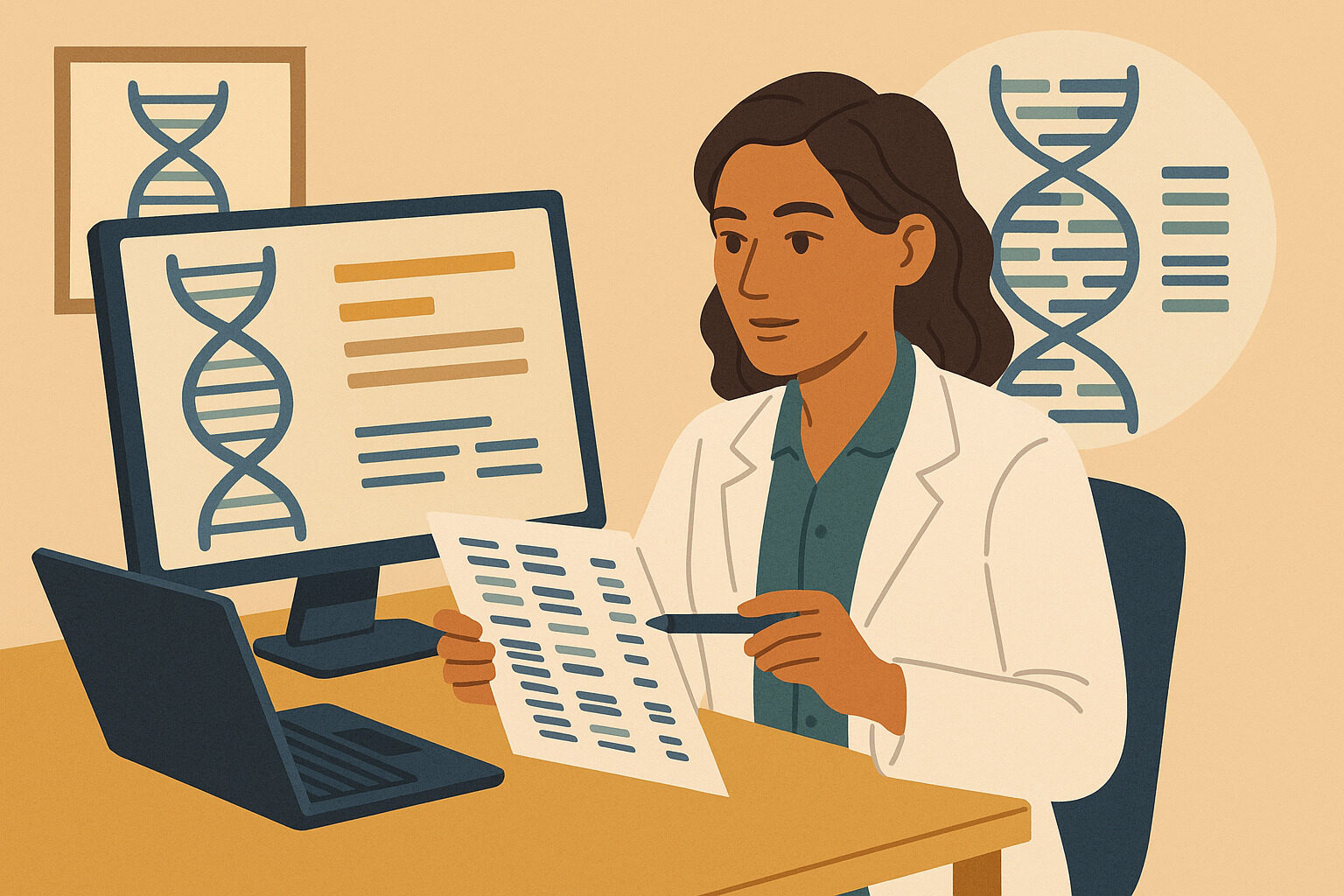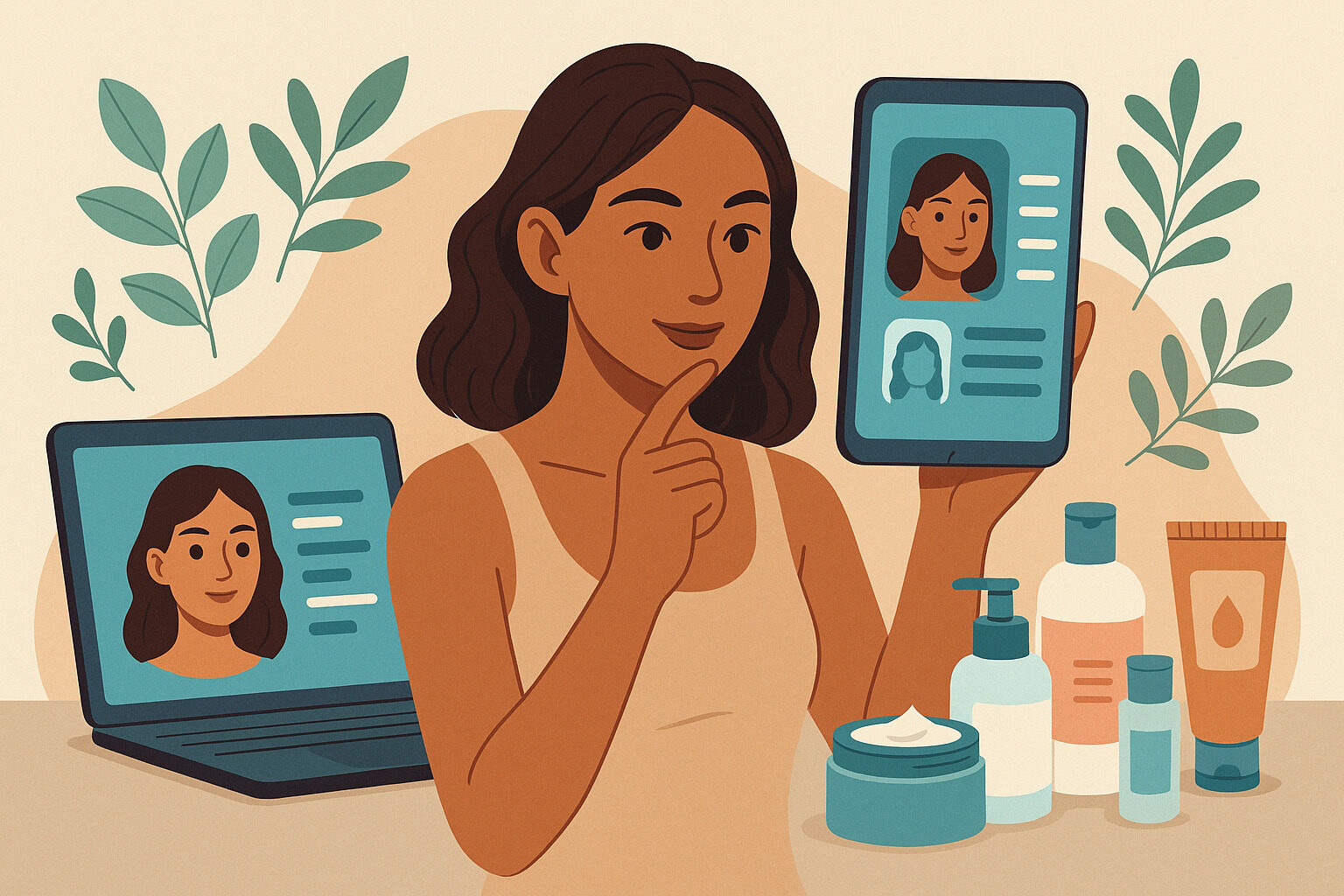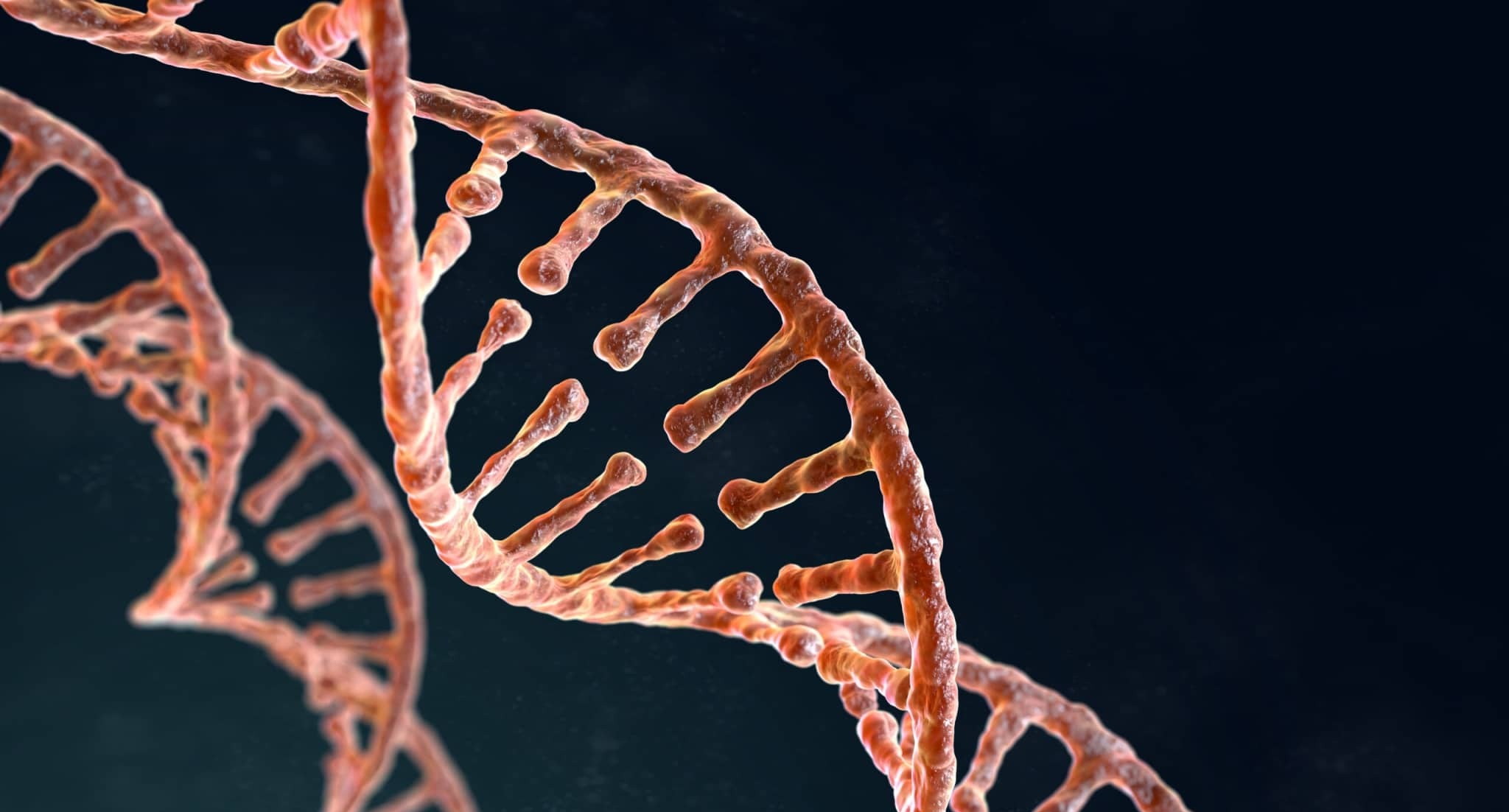Understanding the Role of Genetic Counseling in Personal Health
As more people undergo DNA testing, the need grows for experts who can help interpret the results. Simply seeing genetic markers is not enough—it’s essential to understand what they mean for everyday life. This is where the role of genetic counselors comes in.
Their job is not just to read the data, but to explain it in a way that patients can easily understand. For example, if the results show a gene variant linked to a certain condition, the counselor helps the person understand how likely it is to affect them and what steps can be taken.
It’s not only about current health. Genetic counseling can also assist in future planning—from disease prevention to family decisions. Being aware of your DNA is just the beginning. Its true power lies in proper interpretation.
Starting with Genetic Risk Assessment
Once the DNA results are available, the counselor’s first step is to identify potential risks. This is not an automatic diagnosis, but an analysis of whether gene variants are linked to a higher likelihood of certain conditions.
For instance, if a variant associated with breast cancer risk appears, the counselor checks whether it follows a similar pattern in the family history. Not all variants are impactful, which is why the assessment considers the broader context.
It’s not a simple yes-or-no answer. Genetics is probabilistic in nature—risk may be high, but that doesn’t mean disease will occur. This approach provides patients with a more careful and balanced perspective.
Applying Results to Family History
One of the key aspects of counseling is connecting results to family history. If there are relatives with genetic conditions, the DNA analysis becomes more in-depth.
This isn’t to scare patients, but to identify patterns between past and present. For example, if many family members had colon cancer and the same variant appears in the patient’s DNA, it broadens the context of the evaluation.
This approach not only identifies risk but opens pathways for preventive care. Recognizing family history helps understand and prepare for possible outcomes.
Clarifying the Scientific Language of a DNA Report
DNA reports are filled with scientific terms that may be unfamiliar. Terms like “BRCA1 mutation,” “pathogenic variant,” or “carrier status” can be confusing without guidance.
A genetic counselor serves as a bridge between science and the layperson. They explain what the technical aspects of the report mean and what to expect. For example, being a gene carrier doesn’t mean someone will develop a disease—but they might pass it to their child.
Such explanations ease anxiety and clarify next steps. This builds confidence that a DNA result is not a sentence but knowledge.
Determining What Can Be Done After the Results
After explaining the results, genetic counselors offer possible next steps. These aren’t one-size-fits-all solutions. They are based on actual risk, lifestyle, and personal goals.
For example, someone at high risk for cardiovascular disease might be advised to get earlier checkups, change their diet, or exercise more. Medication isn’t recommended unless needed. The idea is to plan proactive health strategies.
The goal is empowerment. With clear guidance, health decisions have better direction. Genetic counselors not only inform, but also instill confidence.
Understanding Carrier Status
One common question is about carrier status—when someone has a gene variant but no symptoms. This is especially important for couples planning to have children.
If both partners are carriers of a gene that may cause a genetic disorder, the risk of passing it to the child increases. Genetic counselors explain these scenarios and the available options, like preimplantation testing or prenatal screening.
Not all carrier statuses require action. But for family planning, open and clear discussion is essential. This is where counseling plays a vital role in long-term decisions.
Guiding Emotional Reactions
DNA test results aren’t just technical—they often trigger emotional responses. People may feel worried, scared, or confused after reading their results. The counselor’s job is not only to explain but to provide support.
Questions like “Does this mean I will get cancer?” or “How will this affect my family?” are common. Through calm and clear conversation, patients are reassured.
It’s not always easy to accept the possibilities revealed by genetic information. But with the right support, fear can become an opportunity for more mindful, informed living.
Recognizing the Limitations of DNA Testing
Part of counseling is clarifying what DNA testing can’t answer. Not all conditions can be detected. Some diseases result from a combination of genes, environment, and lifestyle.
For example, having an Alzheimer’s gene variant doesn’t guarantee you’ll get the disease. It only shows a possibility—and many other factors play a role. Understanding this prevents unnecessary panic.
Counselors explain that DNA is just one piece of the puzzle. Overall health still depends on daily decisions.
Using Results for Personalized Health
One of the most meaningful goals of genetic counseling is helping people create a health plan based on their genetic profile. This is the principle behind precision medicine—tailoring diet, exercise, and treatment to your genes.
For instance, a variant indicating sensitivity to saturated fat may lead to a plant-based diet recommendation. Or if you’re at higher risk for type 2 diabetes, early monitoring might be suggested.
This personal approach not only lowers risk but also improves quality of life. It’s not guesswork—it’s data from your own body.
Connecting Genetic Counseling with the Whole Family
One person’s results can impact the entire family. If a hereditary condition is found, the counselor may encourage other relatives to get tested as well.
This isn’t fearmongering—it’s about giving people information. Early awareness allows for early action. Some families avoid serious complications because they learned of risks in time.
The counselor helps deliver this news—how to explain it to relatives, when to do it, and what resources are available.
Respecting the Patient’s Personal Decision
Ultimately, genetic counseling is not about pressure. It’s not prescriptive—it’s supportive. Counselors provide information, but the decision always lies with the patient.
Some people choose not to know certain parts of their DNA results, and that choice is respected. Others want to know everything so they can plan ahead. The counselor’s role is to support whichever path is taken.
Respect for privacy, emotions, and decision-making is the foundation of a compassionate and meaningful genetic counseling session.



